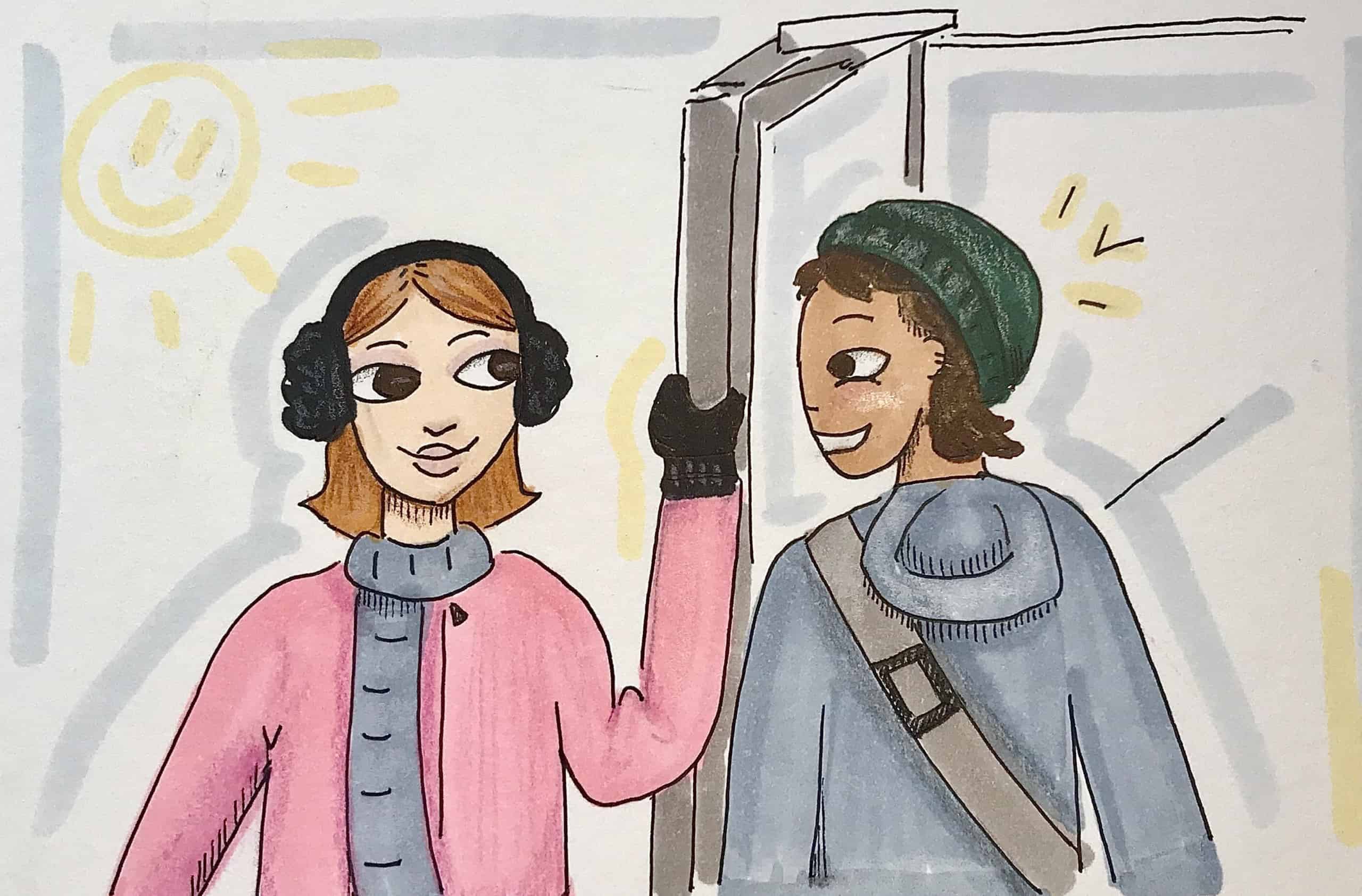As kids, we’re all taught to be nice to our peers, to share and care for one another; but did you know that the practice of kindness has also been shown to benefit mental and physical wellness? Studies in support of the causal relationship between altruism and improved well-being have been so persuasive that many researchers have coined the term “helper’s high” for the great feeling you feel after doing something nice.
Your body on kindness
When you act kindly, your mood gets better. This is due to your body’s increased serotonin, dopamine, and endorphin production. Serotonin and dopamine are two neurotransmitters that cause satisfaction and provoke your brain’s pleasure-reward system, and endorphins are peptides that reduce the amount of pain you feel, heightening feelings of positivity. Kindness also decreases stress because it lowers levels of cortisol, the body’s primary stress hormone.
Being altruistic has consistently been found to improve compassion, self-esteem, and empathy while simultaneously decreasing stress levels, symptoms of depression, and blood pressure. This is because altruism promotes connections to other people and prosocial behaviour, which builds a sense of self-confidence. Self-competence promotes motivation, a necessary pillar to academic and vocational success.
According to David R. Hamilton, a former pharmaceutical researcher who now writes books about the science of kindness, acts of kindness facilitate a sense of warmth through the release of oxytocin, a hormone affiliated with trust, empathy, and love. Oxytocin leads to the release of nitric oxide, a chemical that dilates blood vessels. Due to the increased width of the blood vessels, blood pressure decreases.
All of these benefits have been illustrated to increase the longevity and quality of life.
Easy ways to spread kindness
Longitudinal studies have discovered that performing acts of kindness toward strangers is far more effective in improving your own wellness than performing acts of kindness toward friends and family. This is due to the prosocial reward that comes from connecting with strangers.
Some examples of these simple acts of kindness are slowing down so someone can merge in front of you in traffic, giving someone your seat on a crowded train, and complimenting a stranger. There are countless ways to put love into the world, so take the time to notice them in your daily routine.
But first, remember to always be kind to yourself. There is a balance that must be met between giving to others and giving to yourself, which can only be uncovered through practice and introspection. Some ways to be kind to yourself include verbalizing how proud you are of at least one part of yourself, learning to forgive yourself and others, and rewarding yourself for your hard work.
Research supports how performing acts of kindness beginning at a younger age provides the most payoff. This is because the mannerisms established at these ages build up the long-term behaviours humans carry into adulthood.
Kindness is contagious, so join the community of kindness and see improved wellness today!


